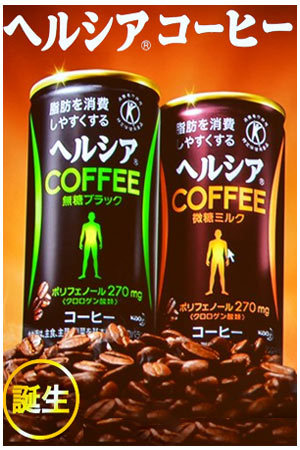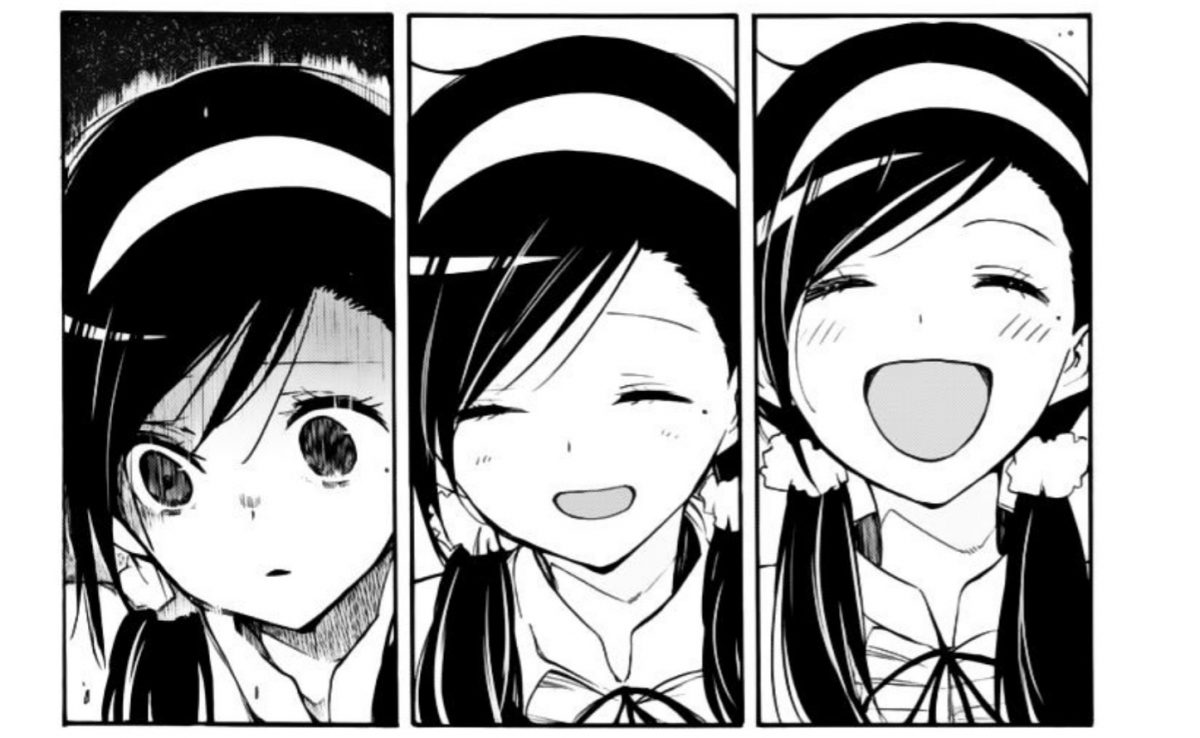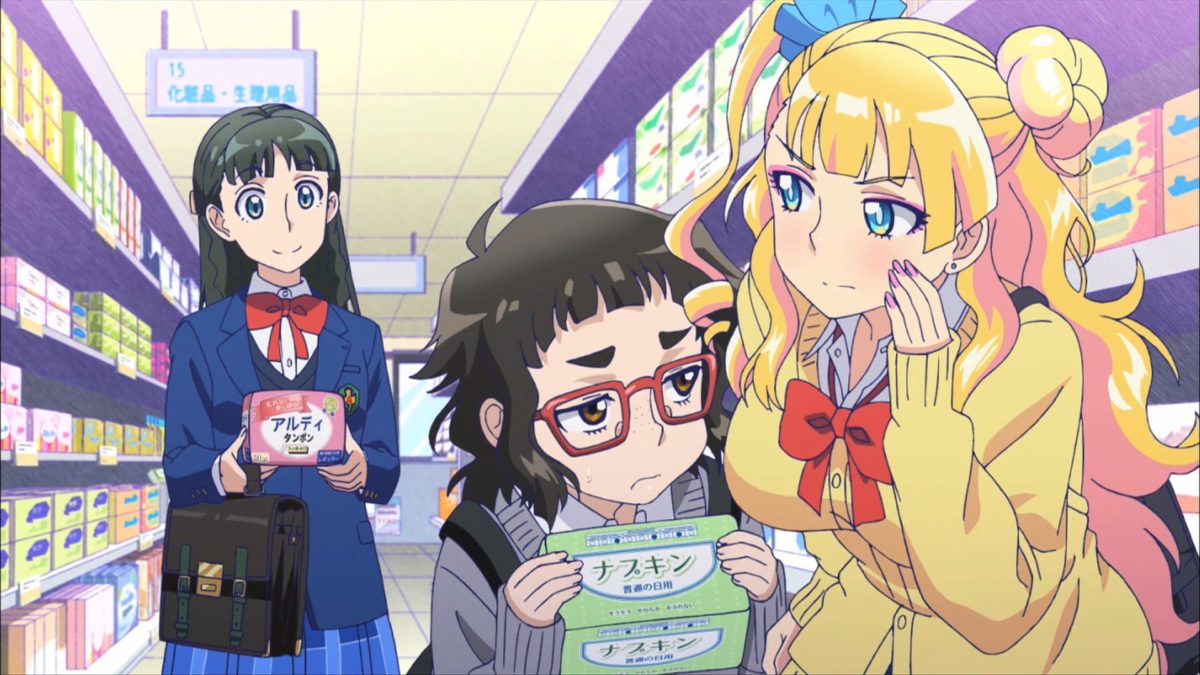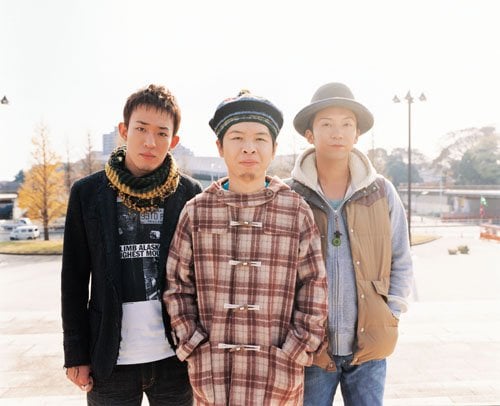You may remember reading a few years ago that Japan had “outlawed” being overweight. Like much of what you read about Japan, this was completely mis-reported; in reality the government had only established guidelines defining “metabolic syndrome” (in Japanese, メタボ metabo) in an effort to put pressure on companies to encourage employees with waistlines above 85 cm/33.5 inches for men and 90 cm/35.4 inches for women to pay more attention to their health. Those who were above this waistline limit would be offered free counseling by a designated health professional when they get their annual check-up, which they can of course accept or decline as they like. While obesity is really a non-problem in Japan so far — the country ranks #28 among developed nations as of 2010 — there’s concern that the allure of Western food like McDonald’s could create issues later. (I’ve been told that the small intestine of the Japanese is several meters shorter than those of Westerners, which means they’re not as efficient at digesting red meat, though this could easily be a local urban legend.). In practice, the new focus on metabo is a way to shame men — and nearly always men, as Japanese women are presumably already uptight enough about their weight — into being more concerned about their health, and even men who are generally slender and fit will be told that no, you actually have 内臓脂肪 naizo-shibo or fat around your internal organs, as if fat isn’t everywhere in the body to some degree. The Japanese marketplace is overflowing with various diet products from Calorie Mate to fat-burning Pepsi Special. Now the makers of Healthya health-conscious bottled iced tea have a new product, Healthya Coffee, canned coffee that contains special polyphenols to aid fat burning.

Japan has many products to combat “metabo.”















